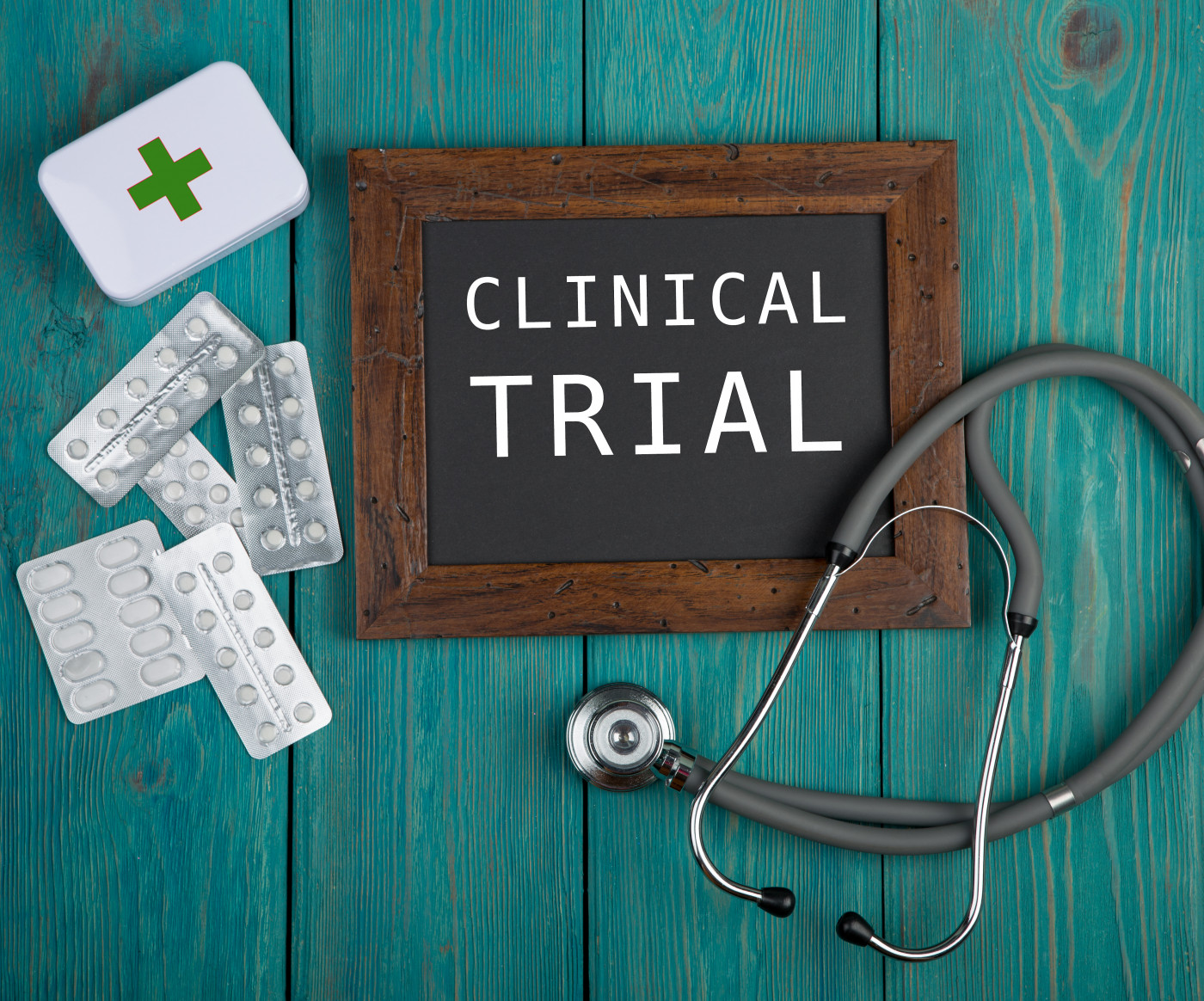AVROBIO Advances AVR-RD-02 Gene Therapy into Gaucher Disease Phase 1/2 Trial in Canada

AVROBIO is advancing its gene therapy for Gaucher disease, AVR-RD-02, into a Phase 1/2 clinical trial after Health Canada raised no objections to its clinical trial application, the company announced. The trial is expected in 2019.
“We are excited to have achieved this regulatory milestone as a step forward in our activities to move AVR-RD-02, the next gene therapy candidate in our pipeline, into the clinic in 2019,” Geoff MacKay, president and CEO of AVROBIO, said in a press release.
AVR-RD-02 is a therapy where a patient’s blood stem cells are modified to include a functional copy of the GBA gene, which is mutated in Gaucher disease patients. The approach is meant to provide durable, lifelong benefits to patients with Gaucher disease.
First, blood stem cells are collected from the patient. Then, in the lab, researchers use AVROBIO’s virus-based delivery system to introduce a normal copy of the GBA gene into these cells. Finally, the modified cells are infused back into the patient, so they can produce a functional glucocerebrosidase (GCase) enzyme in tissues throughout the body.
Results from preclinical studies demonstrated that AVR-RD-02 increases the activity of the GCase enzyme across clinically relevant tissues, including bone marrow, spleen, and liver, significantly reducing the levels of glucocerebroside in these tissues. Glucocerebroside is a fat molecule that accumulates in Gaucher patients, causing disease symptoms.
AVR-RD-02 treatment also significantly reduced spleen size in a mouse model of Gaucher disease.
The upcoming open-label, multinational GAU-201 study will evaluate the efficacy and safety of AVR-RD-02 therapy in patients with type 1 Gaucher disease. It is planned to enroll eight to 16 patients ages 16-35, who may or may not be taking enzyme replacement therapy (ERT).
Participants will receive a single infusion of AVR-RD-02 gene therapy and will be followed for one year.
During this period, researchers will evaluate enzyme activity, changes in liver and spleen volumes, values of hemoglobin levels and platelet counts. They will also assess patients’ bone mineral density, changes in quality of life, and the levels of other biomarkers associated with Gaucher disease.
“We believe there is a significant opportunity for gene therapy to offer a potential cure for a range of lysosomal storage diseases, and we are building a pipeline of product candidates to bring this new treatment paradigm to patients,” MacKay said.



